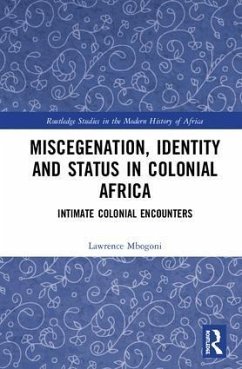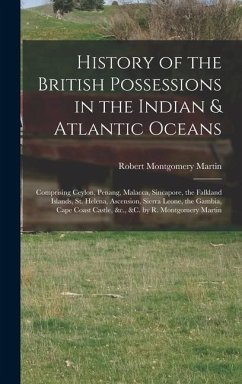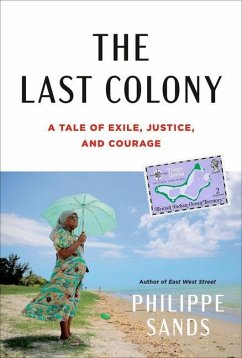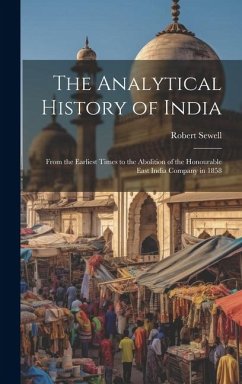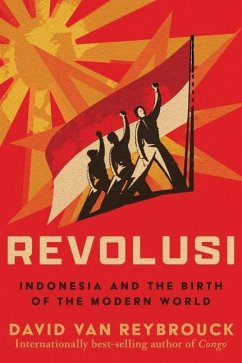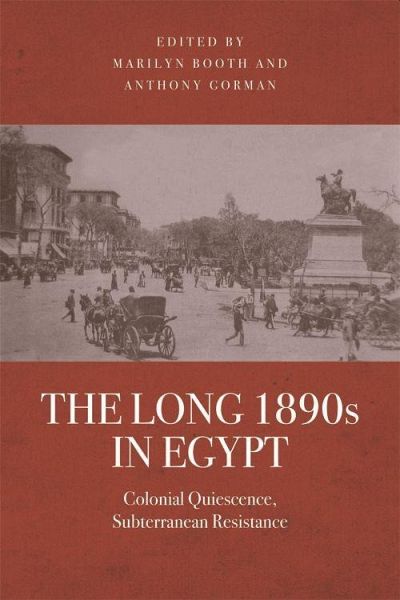
The Long 1890s in Egypt
Colonial Quiescence, Subterranean Resistance
Herausgeber: Booth, Marilyn; Gorman, Anthony

PAYBACK Punkte
54 °P sammeln!
'A much-needed set of studies that challenge prevailing assumptions about Egyptian political, social and intellectual passivity during the Cromer period. Breaks new ground with respect to the country's receptivity to, and participation in, global trends.' Roger Owen, Center for Middle Eastern Studies, Harvard University Explores an understudied moment in Egypt's modern history Egypt just before political eruption! Turns of the century in Africa's northeastern corner have been critical moments, ushering in overt popular activism in the hope of radical political redirection - as this volume's fo...
'A much-needed set of studies that challenge prevailing assumptions about Egyptian political, social and intellectual passivity during the Cromer period. Breaks new ground with respect to the country's receptivity to, and participation in, global trends.' Roger Owen, Center for Middle Eastern Studies, Harvard University Explores an understudied moment in Egypt's modern history Egypt just before political eruption! Turns of the century in Africa's northeastern corner have been critical moments, ushering in overt popular activism in the hope of radical political redirection - as this volume's focus on Egypt's 19th-century fin-de-siècle demonstrates. The end of the 19th century in Egypt witnessed crisscrossing and conflicting political currents as well as fluctuating economic, geopolitical, social and demographic conditions, and cultural processes. Like Egypt's 20th-century fin-de-siècle, much of this ferment was a prelude to the more visible and politically eruptive events of the next decades, when Egypt's popular resistance burst onto the international scene. But its subterranean cast was no less dynamic for that. This volume, wide-ranging in focus and thematically cohesive, addresses the dynamism of a period that is crucial to the formation of modern Egypt but has received little scholarly attention on its own merits. Key Features . A general introduction and 13 case studies challenge the prevailing view that the 1890s in Egypt was a time of withdrawal and quiescence . Engages with questions of political engagement, social rearrangements including shifting gender roles, geographical ambiguities, the unprecedented emergence of new media, community identity formation at a time of enormous population influx and new diasporas, and changing artistic formations Marilyn Booth holds the Iraq Chair in Arabic and Islamic Studies at the University of Edinburgh. She is author of May Her Likes be Multiplied (2001) and Bayram al-Tunisi's Egypt: Social Criticism and Narrative Strategies (1990). She is editor of Harem Histories: Envisioning Places and Living Spaces (2010). Anthony Gorman is Senior Lecturer in Islamic and Middle Eastern Studies at the University of Edinburgh. He is author of Historians, State and Politics in Twentieth-Century Egypt (2003). Cover image: Opera Square, Cairo, at the beginning of the 20th century. From a private collection. Cover design: [EUP logo] www.euppublishing.com




